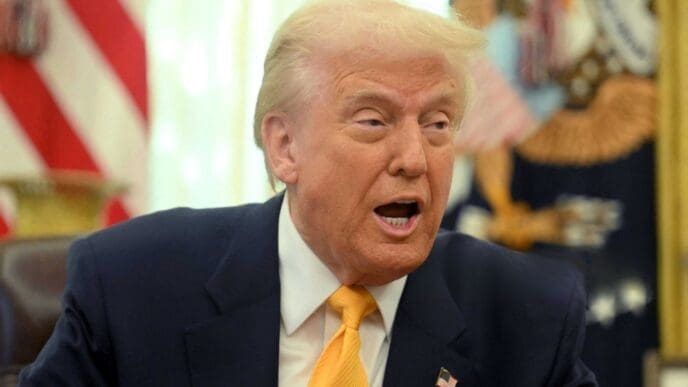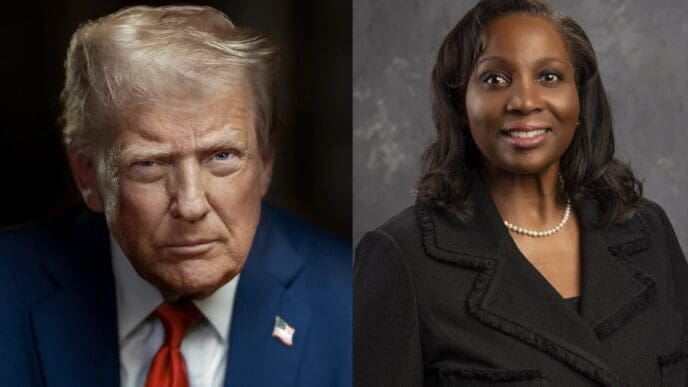A nominee does not ‘pass’ or fail an FBI background check, as the bureau does not approve candidates. Instead, detailed investigative files are sent to the White House for the final decision on the candidate’s suitability for the appointed position. This process has been a focal point in past contentious confirmation debates. For instance, the background investigation during Brett Kavanaugh’s Supreme Court nomination was criticized as insufficient by some Democrats, who claimed it was politically restrained.
Pete Hegseth’s confirmation has been jeopardized due to allegations involving drinking and sexual misconduct, which he has denied. Calls for further investigation have intensified, and Hegseth’s legal team has confirmed that his name is currently being processed by the FBI. This development is part of the broader preparations by the FBI to vet thousands of appointees for the upcoming Trump administration.
Although Trump has reservations about the FBI’s role in screening his appointees, the agency’s background checks are supported by both parties in Congress, who view them as an essential part of the confirmation process. Despite Trump’s quick pace in announcing Cabinet and key administrative roles, it remains uncertain how many will undergo FBI scrutiny, as some vetting is conducted by private firms.
The FBI’s background checks, while thorough, are not criminal investigations. They are comprehensive reviews requested by the White House or relevant government bodies. These checks include accessing government criminal databases, but they do not typically cover allegations without charges, as seen in Hegseth’s case, where details of a non-charge sexual assault investigation in California might be excluded.
The scope of these checks involves examining an individual’s past employment, biographical, criminal, and financial histories, sometimes extending back to when the candidate was 18 years old. For someone like Hegseth, investigators might not see information tied to a non-criminal investigation, especially if confidentiality agreements are in place, as is alleged in this situation.
The Trump administration’s history with the security clearance process is complex, marked by challenges for several of his previous nominees in securing necessary clearances. Jared Kushner’s case is notable, as incomplete documentation delayed his clearance process, though he eventually received it following direct orders from Trump, dismissing earlier investigatory concerns.
FBI background checks are a cornerstone in the appointment process for high-level government positions, serving as vital yet sometimes contentious tools in determining a nominee’s suitability. The ongoing process for Pete Hegseth reflects broader scrutiny and the essential role such checks play in the transition of power.
Source: CNN













